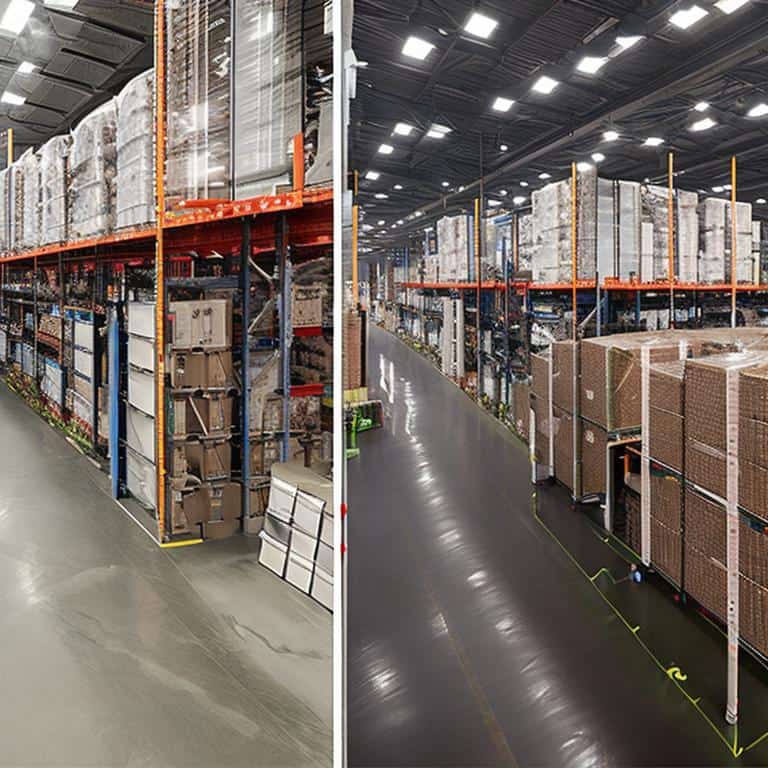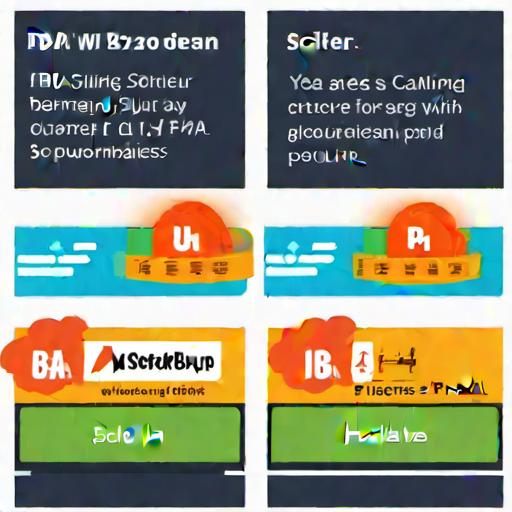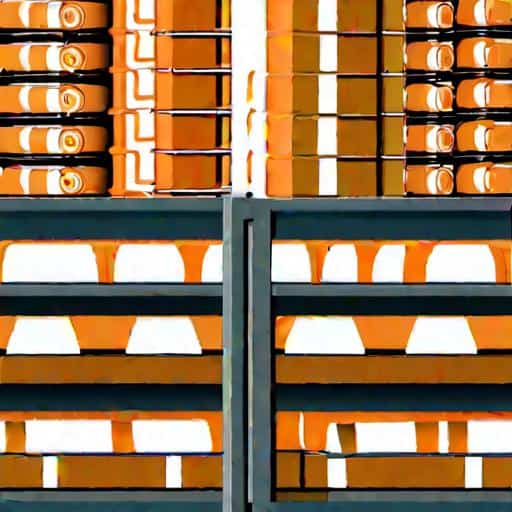
Third-Party Logistics vs In-House Fulfillment: Which is Best for Your Shopify Store?
As an eCommerce business owner, you might have come across the decision to choose between third-party logistics (3PL) and in-house fulfillment for your Shopify store. It’s an essential choice for sellers on Amazon and other online platforms, as it determines the success and growth of your business. But how do you know which option is right for you? Good news! We’ve got your back. In this article, we will compare the pros and cons of 3PL and in-house fulfillment to help you make an informed decision.
Understanding 3PL and In-House Fulfillment
First, let’s clarify what we mean by third-party logistics and in-house fulfillment:
1. Third-Party Logistics (3PL)
3PLs are third-party companies like FBA Prep Logistics that handle your inventory, picking, packing, and shipping orders. They specialize in supply chain management and logistics services that allow eCommerce businesses to outsource the entire fulfillment process.
2. In-House Fulfillment
In-house fulfillment refers to eCommerce businesses handling their own inventory, storing products at their warehouse, and taking care of the order fulfillment process internally.
Now, let’s dive into the factors you should consider in making an informed decision between 3PL and in-house fulfillment.
Factor #1: Scalability
3PL: Grow with Ease
One of the main benefits of partnering with a 3PL like FBA Prep Logistics is scalability. 3PLs can easily and quickly adapt to your business’s growth, allowing you to expand your operations without the hassle of managing inventory, staffing, and warehouse space.
In-House Fulfillment: Limited Growth Potential
In contrast, in-house fulfillment can limit your growth potential. You’ll need to constantly manage warehouse space, invest in new storage systems, and deal with staffing issues during busy seasons or as your business grows.
Factor #2: Cost
3PL: Economies of Scale
3PL companies can offer your business cost-saving advantages because they leverage their relationships with carriers and benefit from economies of scale. This means you get competitive shipping rates and operational efficiencies that you might not achieve on your own. Moreover, 3PLs manage multiple clients, allowing them to spread their costs.
In-House Fulfillment: Higher Expenses
In-house fulfillment can be more expensive in the long run due to fixed costs such as warehouse rent, employee wages, and equipment maintenance. Additionally, eCommerce businesses may not be able to negotiate the same shipping discounts as 3PLs.
Factor #3: Expertise
3PL: Supply Chain Management Gurus
3PL providers, like FBA Prep Logistics, specialize in logistics and supply chain management. They have the expertise, experience, and systems in place to ensure efficient and accurate order fulfillment for your Shopify store. Plus, they stay updated on the latest industry trends and invest in new technologies to improve their services.
In-House Fulfillment: Steep Learning Curve
For in-house fulfillment, you need to develop your expertise in logistics, warehouse management, and order processing, which can be difficult and time-consuming. Also, staying updated with the latest trends and technology can be challenging.
Factor #4: Flexibility
3PL: Agility to Handle Volume Fluctuations
3PLs have the flexibility to handle volume fluctuations during peak seasons or sales promotions. They can easily scale their operations to meet your requirements without you worrying about staffing, space, or equipment.
In-House Fulfillment: Less Responsive to Changes
With in-house fulfillment, managing volume fluctuations can be challenging. You might need to hire temporary staff, rearrange your warehouse space, and invest in additional equipment to handle peak seasons, which can be time-consuming and costly.
Conclusion
When choosing between third-party logistics and in-house fulfillment for your Shopify store, consider factors such as scalability, cost, expertise, and flexibility. 3PL providers, like FBA Prep Logistics, offer scalable and cost-effective solutions with a focus on expertise and flexibility.
If you’re still unsure about which option is right for your business, reach out to us at FBA Prep Logistics. Our team of experts is here to help you make the best decision for your eCommerce business.
FAQs
Q: What is the primary difference between 3PL and in-house fulfillment?
A: The primary difference between 3PL and in-house fulfillment is who manages the inventory, order processing, picking, packing, and shipping. 3PLs handle these for you, while with in-house fulfillment, you manage these processes within your business.
Q: Can 3PLs handle global shipping?
A: Yes, many 3PLs, including FBA Prep Logistics, can handle global shipping, allowing you to reach customers worldwide.
Q: Are there any hidden costs when using a 3PL?
A: Most 3PLs are transparent about their fees upfront, but it’s essential to review the contract and clarify any terms or costs that you’re unsure about.
Q: How do I transition from in-house fulfillment to 3PL?
A: The transition process can vary depending on your business and the 3PL provider. Reach out to your chosen 3PL, like FBA Prep Logistics, for assistance with the transition.
Q: How secure is my inventory with a 3PL?
A: Reputable 3PLs, like FBA Prep Logistics, prioritize inventory security with measures such as 24/7 video surveillance, access control, and insurance coverage to protect your inventory.


